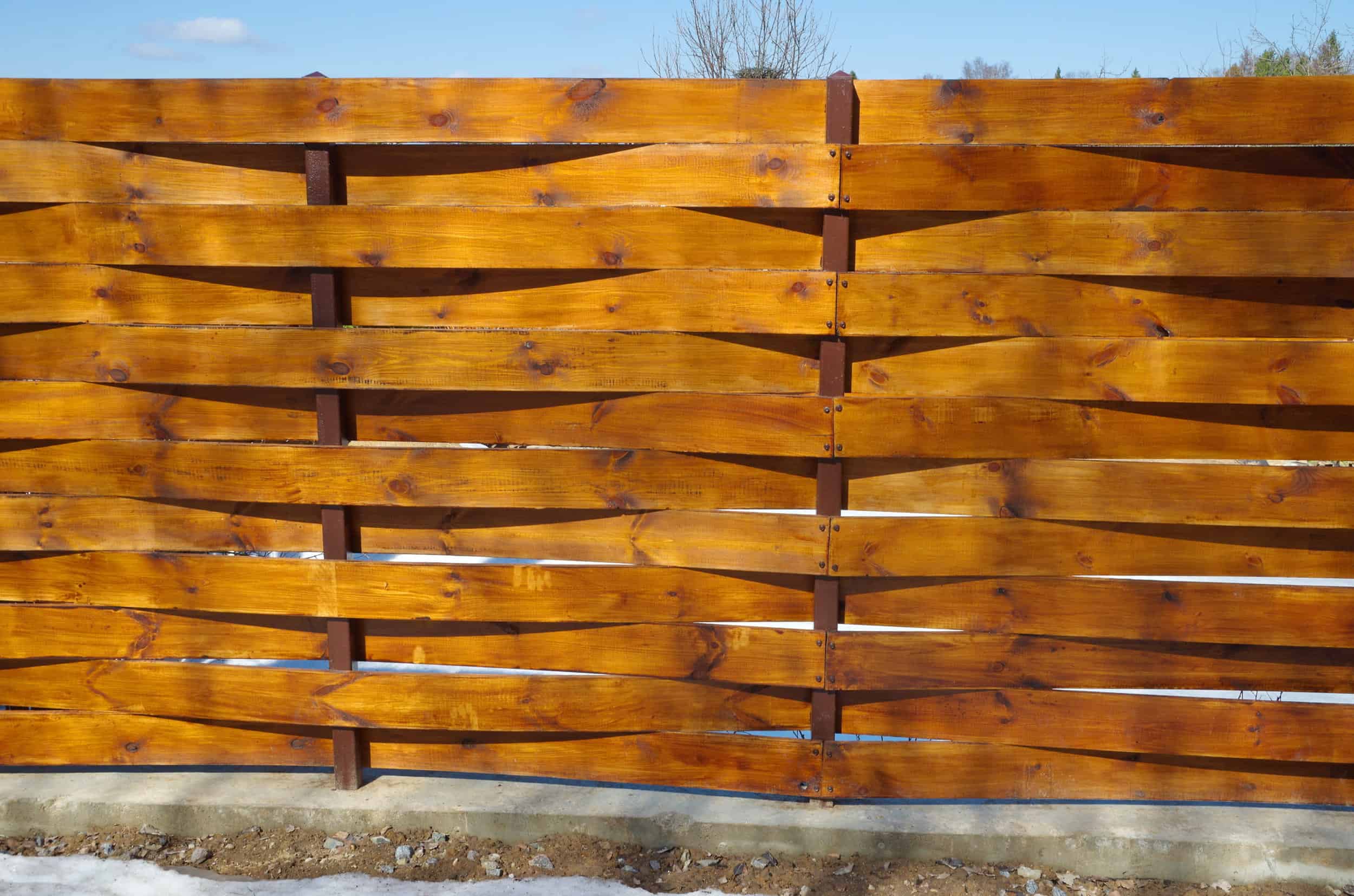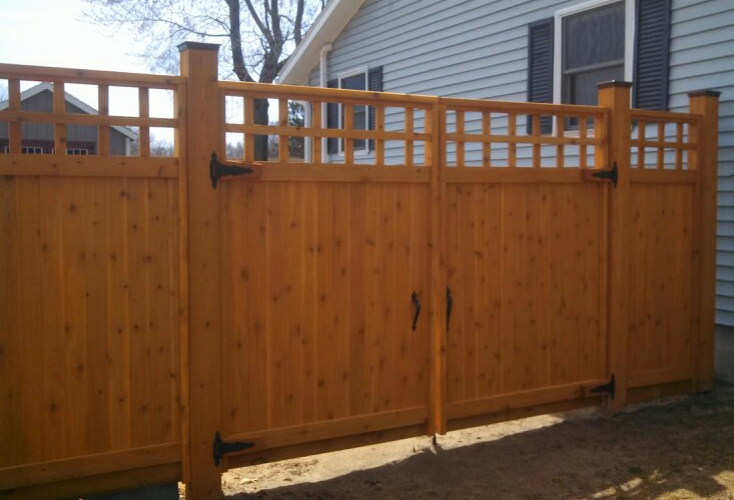Featured

When preparing to set up a fencing around your home, among the initial steps is recognizing the permitting needs in your location. While the procedure may seem straightforward, regional regulations can vary significantly depending on where you live. Protecting the correct authorizations prior to beginning the installation is critical to stay clear of potential fines, disagreements with neighbors, and even having to remove your fence. Right here's what you require to find out about acquiring the required permits for your fencing installment.
Why Do You Need an Authorization for a Fence? A permit is frequently required for fencing setups to guarantee conformity with neighborhood building regulations, zoning regulations, and safety and security guidelines. Allowing aids neighborhood authorities preserve harmony in neighborhood aesthetic appeals, safety, and ecological factors to consider. It also guarantees that the fencing does not interfere with utility lines or public spaces, which it complies with height and boundary limitations.

Typical Authorizations Required for Fence Setup. Structure License. Most locations require a building license for fencing installation, particularly if the fencing surpasses a particular height (typically over 6 feet) or is made from non-standard products. This permit makes certain that your fencing abides by neighborhood building codes. In some locations, the building division will certainly inspect the website to make sure that the fence fulfills safety and architectural criteria.
Zoning License. Zoning permits are created to make sure that your fencing sticks to regional zoning laws, including obstacles from residential or commercial property lines, easements, and rights-of-way. Zoning laws differ from city to city, and in some instances, your fencing might need to be set back a certain number of feet from the walkway or roadway. A zoning authorization might additionally be required if your fencing remains in a historical district or other particularly designated areas.

Fencing Permit. In some locations, a certain "fence authorization" might be required. Some cities limit chain-link fences in front yards or have details policies for personal privacy fences.
HOA Authorization. If your home belongs to a house owners organization (HOA), you may require authorization before installing a fencing. HOA standards usually consist of specific regulations concerning the type, elevation, color, and products for fences to maintain the community's aesthetics. HOA guidelines can be stricter than city codes, so constantly inspect their guidelines prior to relocating forward.
Easement or Utility Licenses. If your fencing will be near or throughout an easement (such as an utility easement), you may require to acquire consent from the energy firm or other entities that control the land. This is specifically vital if you prepare to dig for fence blog posts, as it ensures you will not damage below ground energies like water, gas, or power lines.
How to Discover What Allows Are Needed. The finest method to identify which permits are required for your fencing installment is to call your local structure department or metropolitan workplace. They can offer you with details info regarding requirements in your location. Below are a few actions you can require to learn:
Examine the City or Region Internet site: Lots of local federal governments offer details about fence setup allows online. Seek building or zoning areas on their web site. Call or Browse Through City Government Offices: If the details is not easily available online, calling or seeing the regional office face to face can clarify what's required. Get In Touch With a Specialist Contractor: If you're not sure or overwhelmed by the process, a local professional or fencing setup company can assist in navigating the permitting process, as they recognize with neighborhood policies. What Happens If You Do Not Get a Permit? Stopping working to obtain the needed licenses can bring about a selection of consequences. In lots of locations, you could face penalties, and your fence may be bought to be eliminated. In addition, if you sell your home in the future, the absence of proper authorizations could be a red flag for buyers and affect the sale. Allowing ensures that your fencing is certified and assists stay clear of future difficulties.
Conclusion. Prior to installing a fencing around your home, it's necessary to examine whether a license is needed in your area. Building permits, zoning authorizations, HOA approval, and energy permissions might all contribute in your fencing installation procedure. Making the effort to research and obtain the essential permits will certainly not just ensure that you're complying with regional policies, however also help safeguard your investment and preserve the honesty of your property.
Latest Posts
Just How Can I Prepare My Home for a Fence Setup?
Published Dec 20, 24
0 min read
Discover the Classic Prohibition Cocktails at Twenties Restaurant
Published Dec 19, 24
1 min read
Just How Seasonal Weather Condition Affects Your Vehicle's Upkeep Needs
Published Dec 19, 24
0 min read
More
Latest Posts
Just How Can I Prepare My Home for a Fence Setup?
Published Dec 20, 24
0 min read
Discover the Classic Prohibition Cocktails at Twenties Restaurant
Published Dec 19, 24
1 min read
Just How Seasonal Weather Condition Affects Your Vehicle's Upkeep Needs
Published Dec 19, 24
0 min read